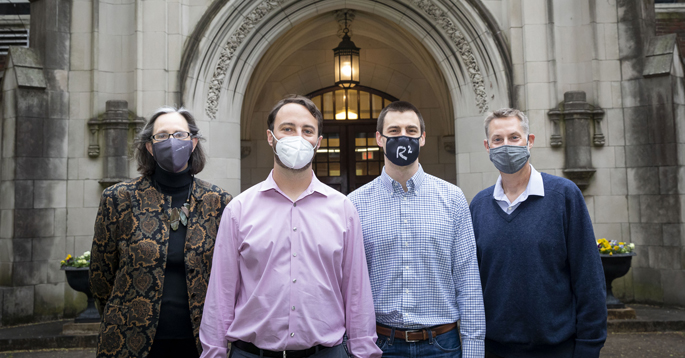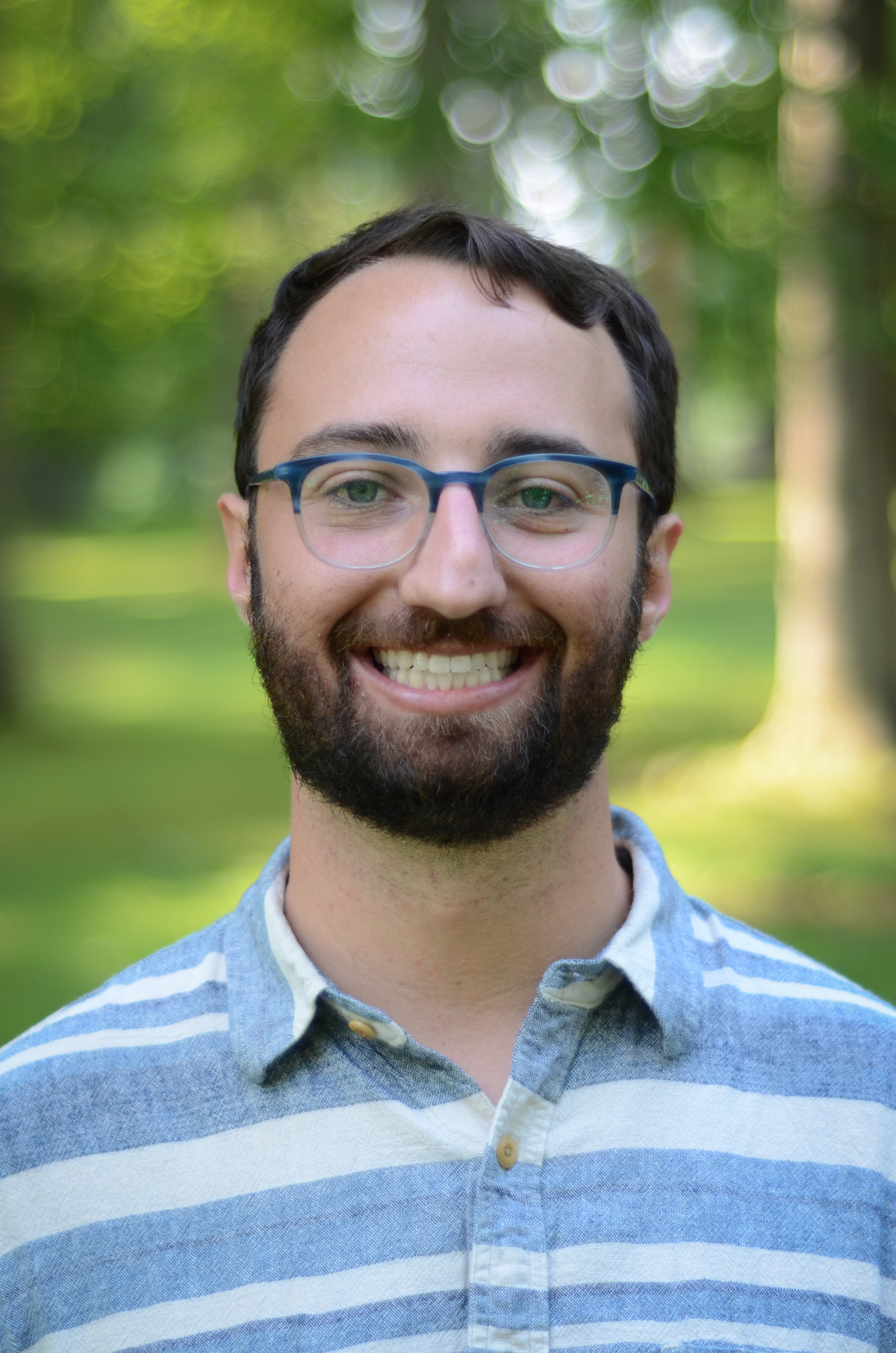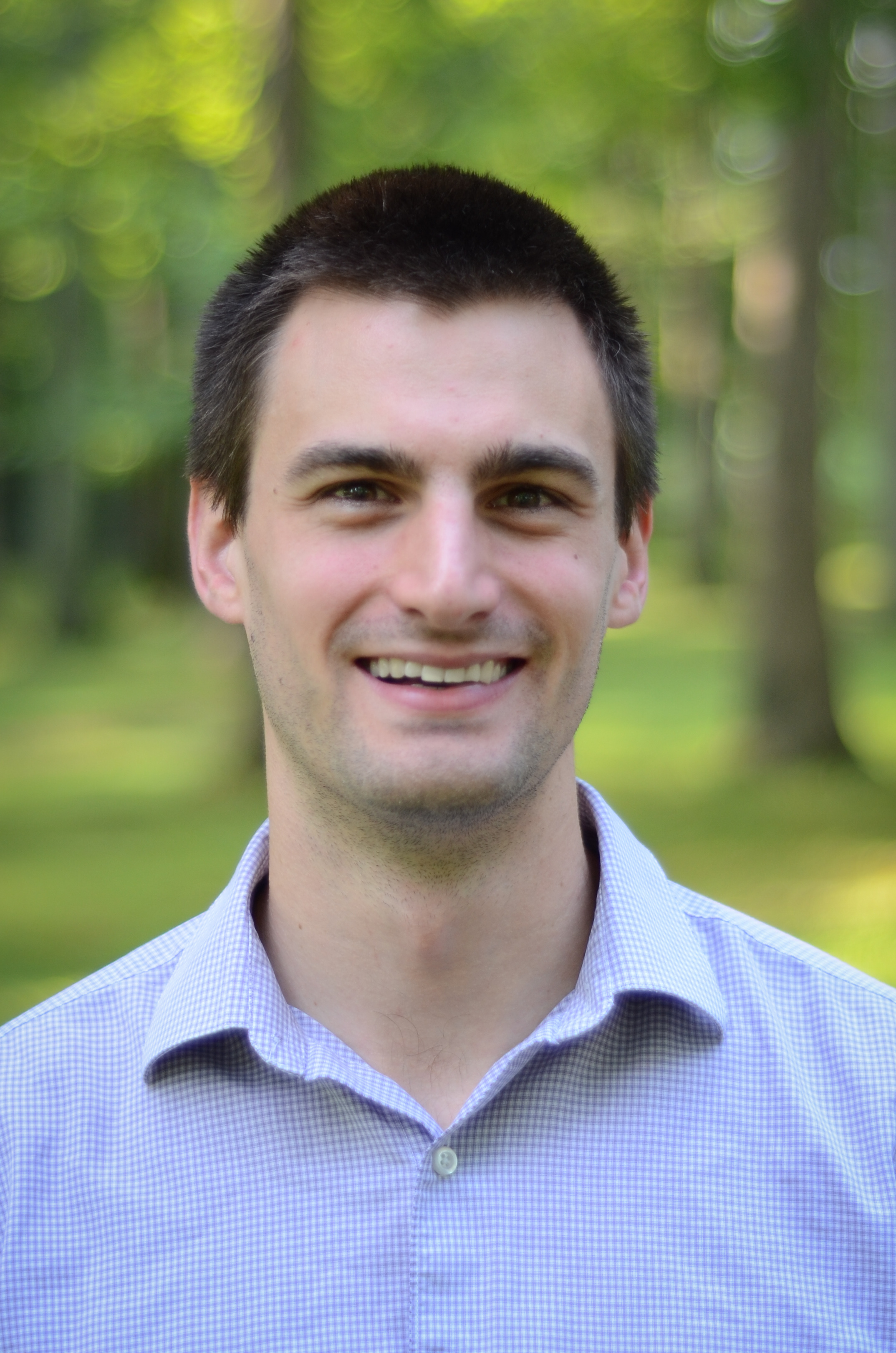Brad Reinfeld, PhD is a part of the Vanderbilt Medical Scientist Training Program. He was a member of the Kim Rathmell lab and recently defended his dissertation, "Deciphering Cell Specific Metabolic Programs in the Tumor Microenvironment." He is now finishing his medical training at the Vanderbilt School of Medicine.
Matt Madden, PhD is a also part of the Vanderbilt Medical Scientist Training Program. He was a member of the Jeff Rathmell lab and recently defended his dissertation, "Glucose and Glutamine in the Tumor Microenvironment and CD8 T Cell Function." He is now finishing his medical training at the Vanderbilt School of Medicine.
An interview with
our scientists:

Learn more about
their research:

Whose lab are you in, and what made you choose their lab?
Brad - W. Kimryn Rathmells. I joined her lab because of the ability to do awesome immuno-oncology research in a supportive environment.
Matt - I joined the Jeff Rathmell lab because I resonated with Jeff's mentorship style, appreciated the fun and productive lab culture, and find immunology and metabolism endlessly fascinating.
When you were five-years-old, what did you want to be when you grew up?
B - Baseball player. Cool to walk around with your name on the back of your shirt.
M - I don't remember, but probably a combination of professional athlete/engineer/scientist.
What was it about science that drew you to it?
B - Ability to discover new knowledge and teach other people.
M - It's all about the data: generating data, interpreting data, and designing new experiments to solidify and refine our conclusions.
In a nutshell, what do you study?
B - Cancer cells, immune cells and how they use nutrients in tumors.
M - Immunology, metabolism, and cancer biology
Why is your research important? What is its larger impact, and/or how do you foresee it impacting public health?
B - We are adding finer resolution to the metabolism of the variety of cells in cancer. With this new knowledge, we can image tumors more precisely and potentially derive new therapeutics strategies that kill cancer cells and enhance the immune response to malignancy.
M - 18F-deoxyglucose (FDG) PET scans are common imaging studies in oncology. Our results suggest that tumor-infiltrating immune cell metabolism may contribute meaningfully to FDG PET scan results, and that 18F-glutamine PET scans may be more specific to cancer cell metabolism. Additionally, our proposed model of nutrient partitioning stands in contrast to nutrient competition in the tumor microenvironment, and may inform future therapeutic strategies to enhance anti-tumor immunity.
What has been your biggest challenge as a scientist?
B - Going from conceptual idea to experiment to interrogate that idea.
M - Writing my first grant proposals and manuscripts.
What's next for you?
B - Internal medicine fast track research programs where I will train to one day be an academic oncologist conducting world class cancer research.
M - I am now in my final year of medical school at Vanderbilt and will match into a pathology residency in 2023.
Best way to spend time while waiting on an experiment to finish:
B - Chatting with friends!
M - Chatting with friends!
What are you looking forward to doing most, once the pandemic is under control, and life starts to return to a state of normalcy?
B - Concerts!
M - Travelling more freely!


